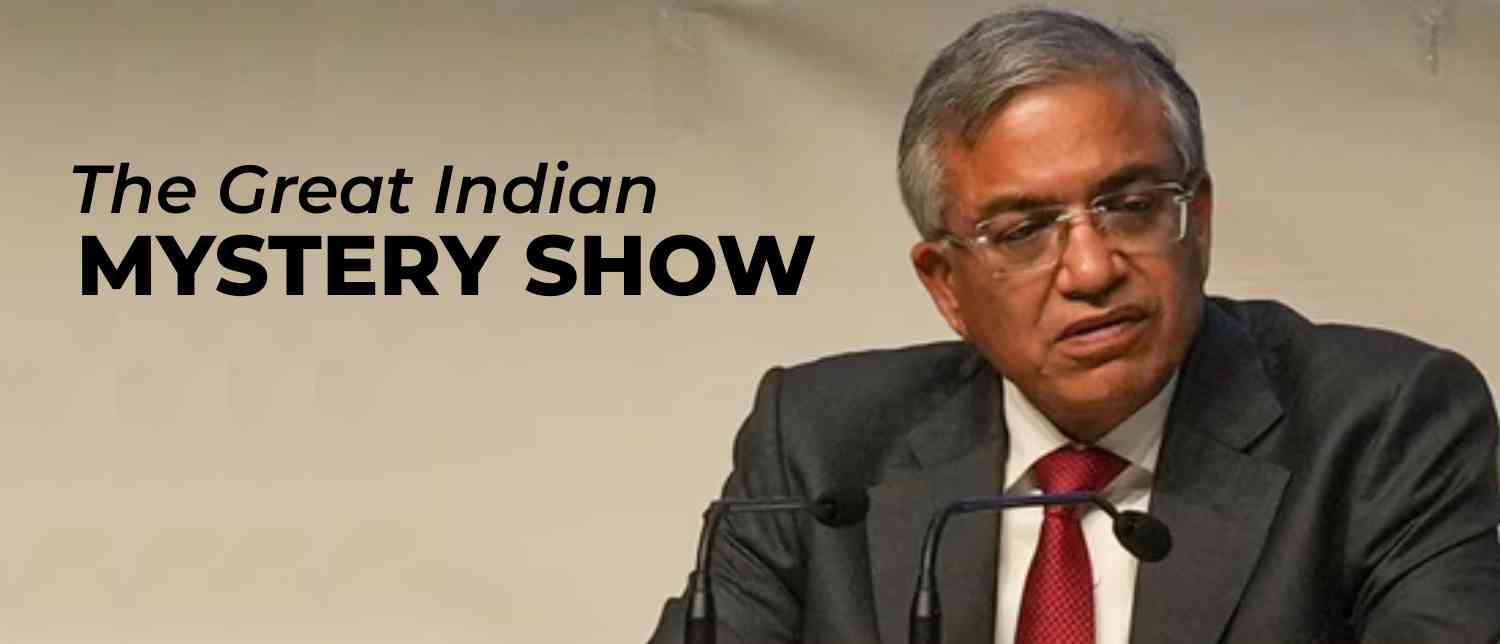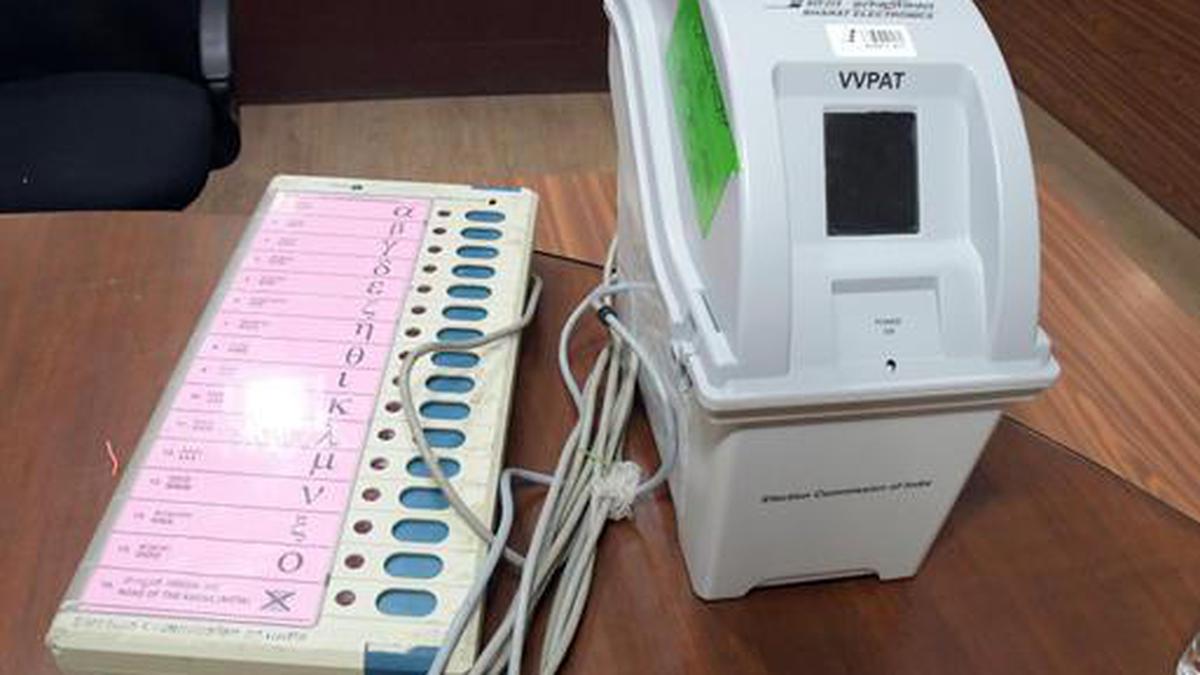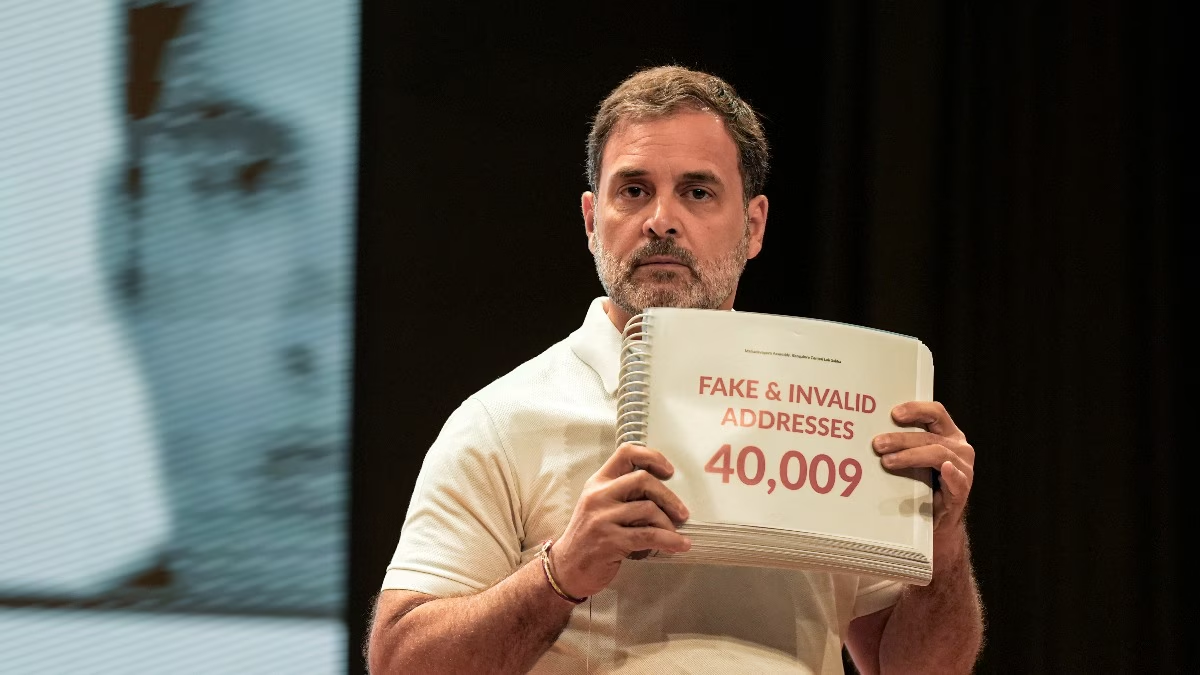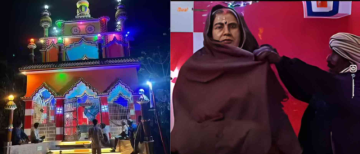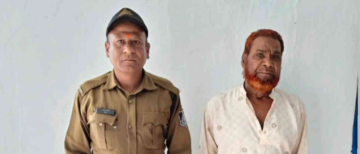Democracy rests on trust. It rests on the firm belief that every citizen’s vote is sacred, protected, and respected. When that faith begins to shake, democracy itself starts to weaken. Yesterday’s press conference of the Election Commission (EC) was supposed to restore that faith. It was supposed to clarify doubts, answer questions, and reassure the people of India that the electoral process remains intact. Instead, what we saw was something closer to a dramatic courtroom scene from a thriller movie—full of emotion, blame, deflection, and personal attacks—while the real questions were simply brushed aside.
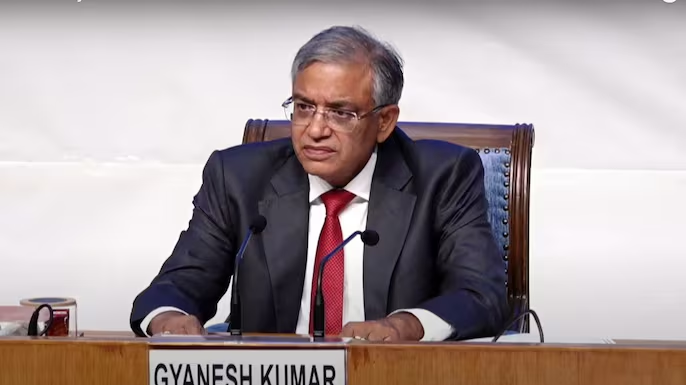
The very body that is constitutionally trusted to be the referee of India’s democracy behaved more like a political opponent, giving counters aimed less at clearing doubts and more at silencing critics. For a moment, the Election Commission looked less like a constitutional institution and more like a participant in the noisy political game.
And that is worrying—deeply worrying.
The Purpose of the Press Conference
When an institution like the EC holds a press conference, the expectation is straight and simple: people want answers. Allegations have been raised—about electoral rolls, CCTV footage, voter IDs, and possible manipulation. Citizens do not demand drama; they demand facts.
But what was delivered instead?
-
A series of comments ridiculing questions, sometimes with irrelevant comparisons (like comparing questions on CCTV fairness to "asking about mother or sister").
-
Repeated attacks on opposition leaders, especially Rahul Gandhi, instead of clarifying issues.
-
Technical points brushed aside without details, leaving the original concerns untouched.
The result was this: doubts grew louder, confusion became deeper, and the EC’s credibility took another hit.
_1755509046.jpg)
A Dark Cloud Over Voter Identity
One of the central allegations is about people voting without proper voter cards. Citizens want to know: if voter cards are mandatory, how can lakhs of votes be cast without them? The Commission’s counter argument never explained this properly. Instead of establishing a clear, systemic explanation of how such voters were verified, they shifted the focus to criticizing those who raised the issue.
But this is no small concern. If one does not have a voter ID, there must be another proper government ID verified under strict procedure. If people without valid documents are being included in the electoral process while genuine voters complain of being left out, this is no less than a fraud on democracy. The question remains: how did they get access not only to houses allotted under welfare schemes but also to voting rights without a traceable ID system? This loophole is big, and pretending it does not exist is no solution.

The CCTV Argument – A Weak Defence
Perhaps the most disappointing section of the EC’s press meet was about CCTV footage from counting and polling centres. The Commission said questions about CCTV and its transparency were pointless, comparing it to irrelevant things like asking about "mom or sister."
This response was not only unprofessional but also disrespectful to public intelligence. Citizens are not asking silly questions. They are asking because they know how crucial surveillance footage is in proving whether the process was fair. Everywhere in the world, when there is doubt, CCTV is the key evidence. It helps ensure that what happened inside a centre can be reviewed later without bias.
So why dismiss such an important safeguard with an emotional statement? Do they fear what the footage might reveal? Or is it simply arrogance—believing that citizens have no right to ask such things and must “trust blindly”?
Trust in democracy cannot be demanded like loyalty in a monarchy. It must be earned continuously through transparency.
_1755509150.jpg)
The Defamation of Rahul Gandhi
Another disturbing feature of the press conference was how often the Election Commission chose to target Rahul Gandhi. Whether one agrees with him politically or not, the fact remains: the EC has no business behaving like a political rival. Their duty is to respond to facts, numbers, and procedures—not to question the motives of opposition leaders.
When an opposition leader raises a doubt, he is not speaking for himself alone. He is echoing the concerns of crores of citizens who feel powerless. To dismiss those concerns by trying to personally defame a politician shows bias. It damages the image of the Commission and makes it seem tilted, partial, and politically motivated—qualities that a neutral constitutional body cannot afford.
In a democracy, questions raised by opposition leaders are not personal attacks—they are democratic duties. By framing it as a “Rahul vs EC” fight, the Commission lowered the dignity of its own position.
The Unanswered Questions
Let us stop and simply list the major doubts that remain unanswered even after the EC’s long press meet:
-
How did people without voter IDs manage to get voting rights?
-
Why are names of genuine voters missing from rolls while ineligible names remain?
-
Why is CCTV footage, an important safeguard, being dismissed instead of publicly shared wherever complaints have come?
-
How is it that in many constituencies, the number of voters exceeds expected turnout figures, yet EC explanations remain vague?
-
What concrete safeguards exist against manipulation at the stage of result tallying?
None of these were answered rationally. Instead, emotional statements and personal slurs took center stage.
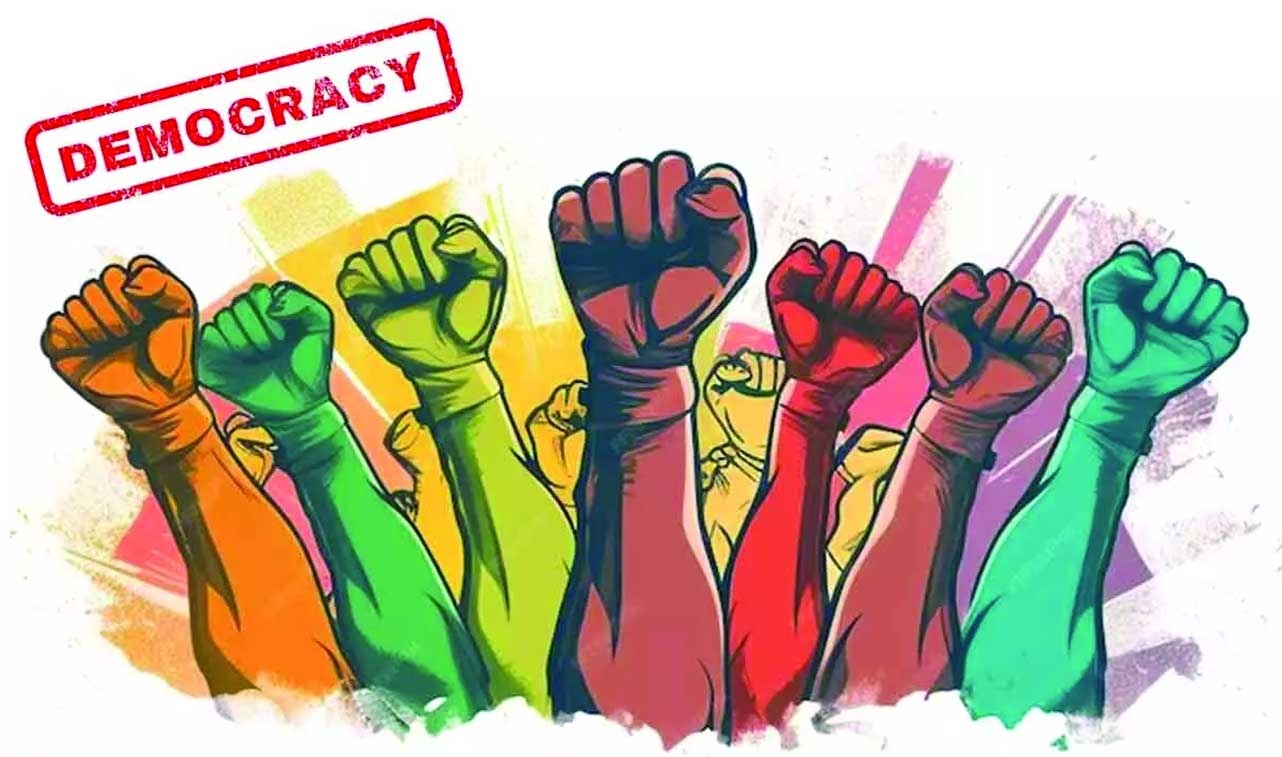
Why This Matters for Democracy
Some would say—so what, these are small issues. Democracy is too big to be shaken by such controversies. But this argument is hollow. Democracy is not merely about holding elections; it is about holding trustworthy elections.
Imagine a cricket match where the umpire is accused of bias. Even if the right team wins, the shadow of doubt ruins the spirit of the game. Now multiply that by a thousand—because elections are not just games; they decide the future of 1.4 billion people.
When the referee itself looks partisan, what hope is left for the players?
India is proud of its history of conducting massive elections. From Kashmir to Kanyakumari, from deserts to forests, ballot boxes and electronic voting machines have reached the remotest corners. We showcase this to the world as a triumph of organization and fairness. But what yesterday’s press conference showed us was a crack in that pride—a refusal to hear, a refusal to answer, a refusal to admit even the possibility of fault.
The Tone of Arrogance
Institutions survive on humility. When citizens doubt you, you answer with patience, not with arrogance. Yesterday, the EC behaved as though it was above questioning, above accountability—as though the people themselves had no business asking hard questions.
But let us remind them gently: the Commission is not above democracy; it is a servant of democracy. If citizens are now forced to treat their protectors as suspects, the responsibility lies not on the citizens but on the institution that failed to reassure them.
Memory of Past Failures
This is not the first time such doubts have arisen. For years, doubts about EVM hacking, voter roll manipulation, booth capturing, and misuse of central agencies during elections have been raised. Each time, the EC has given stock answers and claimed everything is under control.
But each time, fresh complaints arise—and each time faith becomes weaker. Yesterday was a golden opportunity for the Commission to break this chain, to say, “We hear you, we will investigate, we will make transparent audits public.” Instead, it chose confrontation over clarity. What a missed chance!
The Bigger Danger – Alienating the Voter
People are patient in a democracy. But patience has limits. Today the question is not only about one leader or one party. It is about whether the ordinary voter still feels valued.
- When a villager without voter ID finds his neighbor allowed to cast vote without documents, he feels betrayed.
- When a young voter sees CCTV doubts ridiculed instead of answered, she feels helpless.
- When an ordinary citizen raises a question and sees the Commission respond with arrogance, he feels ignored.
If such feelings continue to grow, one day the voter will believe that elections are merely rituals, not real choices. That day, democracy will not need an external enemy; it will collapse from inside.
What the Election Commission Must Do
To restore some faith, the Commission must change course quickly. It must:
-
Publicly share CCTV footage of disputed centres to prove transparency.
-
Audit voter rolls independently and publish explanations for every disputed entry.
-
Explain clearly how people without voter ID cards are being verified.
-
Stop targeting opposition leaders and focus only on institutional integrity.
-
Invite third-party observers—both domestic and global—to audit doubt-raising constituencies.
That is the only way to turn this thriller of suspicion back into a story of trust.
A Thriller We Don’t Need
A democracy should never feel like a suspense film. Citizens should not sit on edge wondering whether their vote was counted, whether their voice was silenced, whether the referee is playing fair. Elections are supposed to bring stability, not mystery.
The Election Commission yesterday failed to give that stability. Instead of clearing the air, it left behind more smoke. Instead of calming doubts, it sharpened them. Instead of proving impartiality, it acted with partisanship.
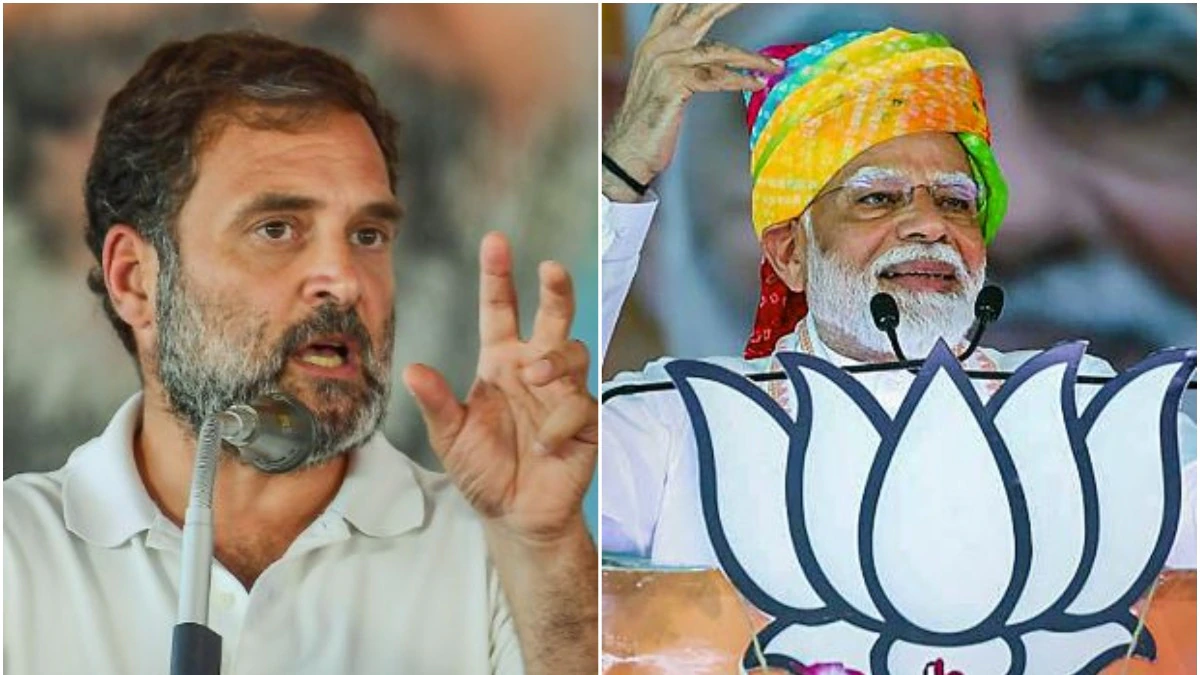
Indian democracy does not deserve such opacity. It deserves light, clarity, and fairness. The questions remain staring at us unanswered. Until the EC realizes that democracy is about people’s confidence—not about defending its pride—India’s democracy will remain a suspense-filled thriller.
With inputs from agencies
Image Source: Multiple agencies
© Copyright 2025. All Rights Reserved. Powered by Vygr Media.

